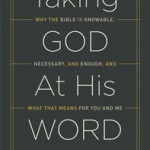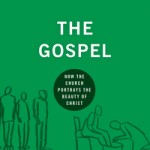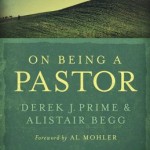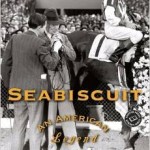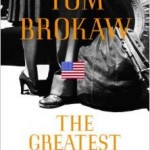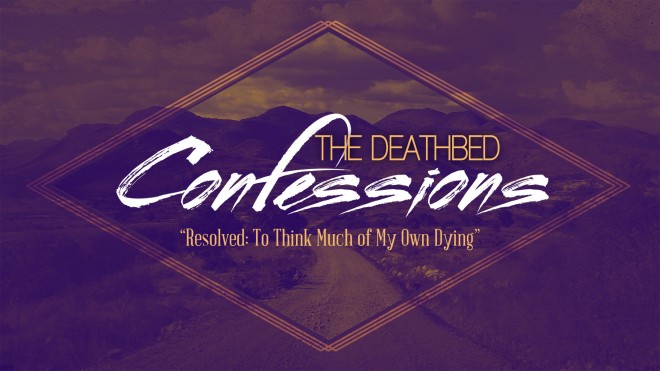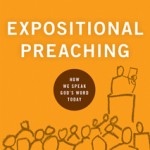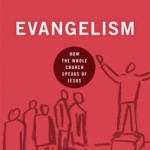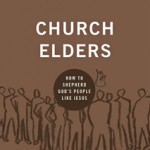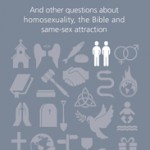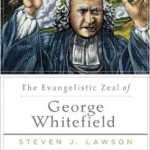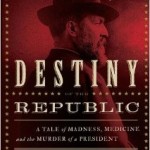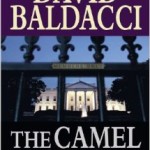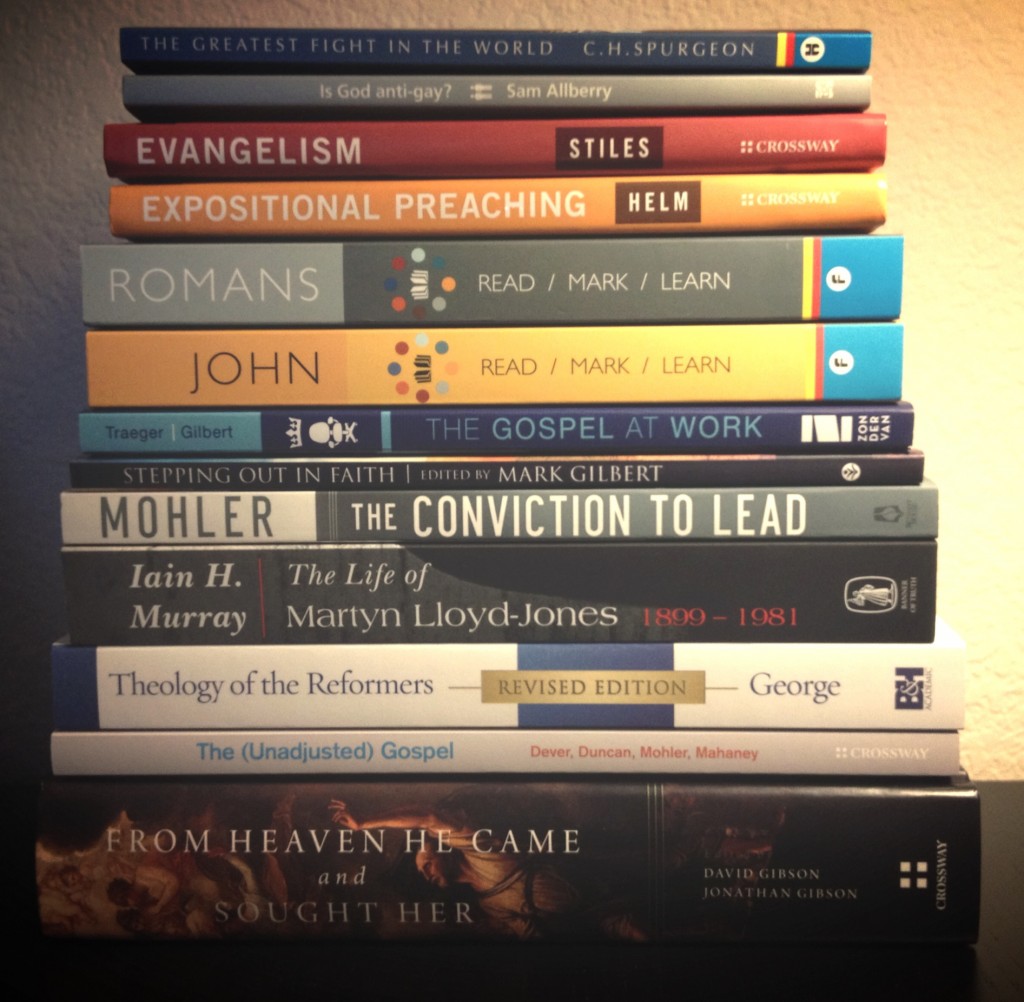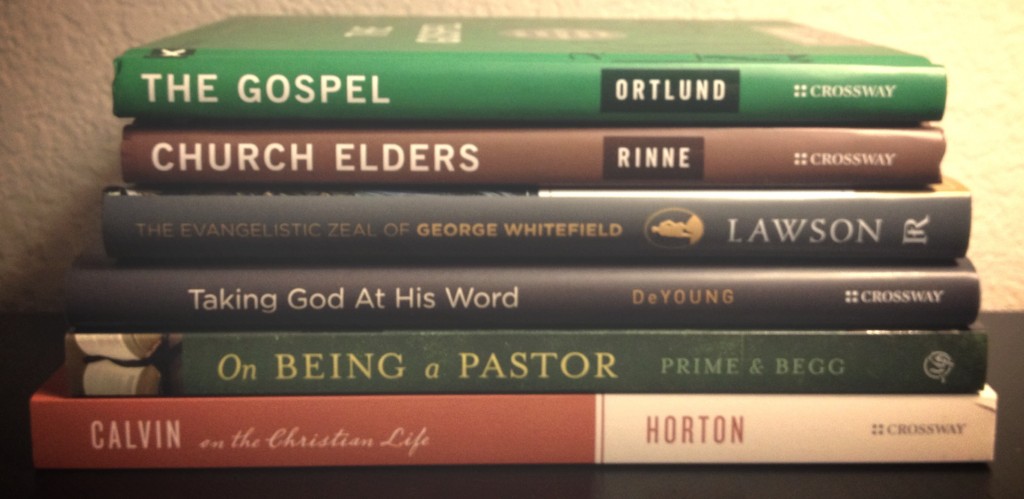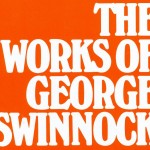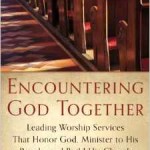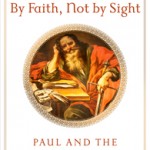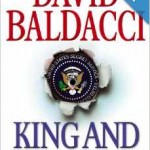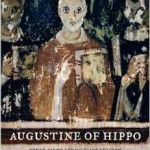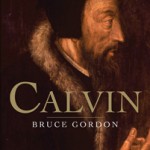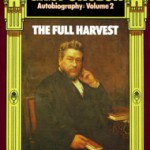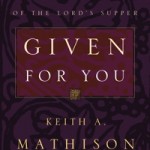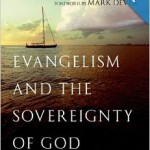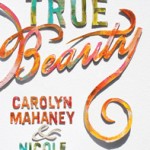Several weeks ago I told you about Crossway’s partnership with 9Marks in publishing the “Building Healthy Churches” series. Today I want to make sure you are aware of another Crossway series worth serious investment: Theologians on the Christian Life.
Here are the works already published or soon to be published.
THEOLOGIANS ON THE CHRISTIAN LIFE
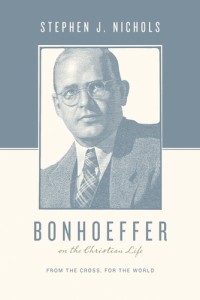 Bonhoeffer on the Christian Life: From the Cross, for the World by Stephen Nichols. Dietrich Bonhoeffer died a martyr’s death at the age of 39 but remains one of the most influential and challenging theologians of our time. His writings teach us the value of cross-centered theology, and his courageous actions against the Nazi regime compel us to consider the cost of discipleship. From Bonhoeffer we learn that the Christian life is lived both alone and together, and that there is a stark difference between cheap and costly grace. With insight, clarity, and wisdom, Stephen Nichols guides us through the words and deeds of this humble yet heroic pastor, whose example shows us that the Christian’s life flows from the cross, for the world.
Bonhoeffer on the Christian Life: From the Cross, for the World by Stephen Nichols. Dietrich Bonhoeffer died a martyr’s death at the age of 39 but remains one of the most influential and challenging theologians of our time. His writings teach us the value of cross-centered theology, and his courageous actions against the Nazi regime compel us to consider the cost of discipleship. From Bonhoeffer we learn that the Christian life is lived both alone and together, and that there is a stark difference between cheap and costly grace. With insight, clarity, and wisdom, Stephen Nichols guides us through the words and deeds of this humble yet heroic pastor, whose example shows us that the Christian’s life flows from the cross, for the world.
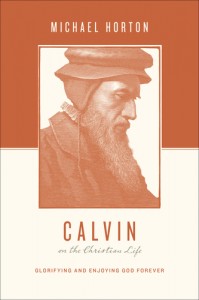 Calvin on the Christian Life: Glorifying and Enjoying God Forever by Michael Horton. John Calvin, a man adored by some and maligned by others, stands as a legendary figure in Christian history. In Calvin on the Christian Life, professor Michael Horton offers us fresh insights into the Reformer’s personal piety and practical theology by allowing Calvin to speak in his own words. Drawing not only from his Institutes and biblical commentaries, but also from lesser-known tracts, treatises, and letters, this book will deepen your understanding of Calvin’s theology and ministry by exploring the heart of his spiritual life: confident trust and unwavering joy in the sovereign grace of God.
Calvin on the Christian Life: Glorifying and Enjoying God Forever by Michael Horton. John Calvin, a man adored by some and maligned by others, stands as a legendary figure in Christian history. In Calvin on the Christian Life, professor Michael Horton offers us fresh insights into the Reformer’s personal piety and practical theology by allowing Calvin to speak in his own words. Drawing not only from his Institutes and biblical commentaries, but also from lesser-known tracts, treatises, and letters, this book will deepen your understanding of Calvin’s theology and ministry by exploring the heart of his spiritual life: confident trust and unwavering joy in the sovereign grace of God.
 Edwards on the Christian Life: Alive to the Beauty of God by Dane Ortland. Jonathan Edwards is widely hailed as the greatest theologian in American history. However, despite the recent surge of scholarship related to his life and theology, few books offer an accessible introduction to his understanding of the Christian life. In the latest addition to the Theologians on the Christian Life series, readers are invited to explore Edwards’s vision of what it means to be a Christian. Whether it’s Edwards’s understanding of love, Scripture, the soul, or the natural world, Dane Ortlund shows how the concept of beauty serves as the integrating motif underlying every aspect of his thinking. Clear, concise, and engaging, this book will help readers embrace the great eighteenth-century pastor’s definition of authentic Christianity: the enjoyment and reflection of the beauty of God.
Edwards on the Christian Life: Alive to the Beauty of God by Dane Ortland. Jonathan Edwards is widely hailed as the greatest theologian in American history. However, despite the recent surge of scholarship related to his life and theology, few books offer an accessible introduction to his understanding of the Christian life. In the latest addition to the Theologians on the Christian Life series, readers are invited to explore Edwards’s vision of what it means to be a Christian. Whether it’s Edwards’s understanding of love, Scripture, the soul, or the natural world, Dane Ortlund shows how the concept of beauty serves as the integrating motif underlying every aspect of his thinking. Clear, concise, and engaging, this book will help readers embrace the great eighteenth-century pastor’s definition of authentic Christianity: the enjoyment and reflection of the beauty of God.
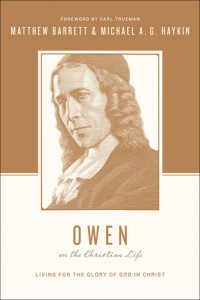 Owen on the Christian Life: Living for the Glory of God in Christ by Matthew Barrett and Michael Haykin. John Owen is widely hailed as one of the greatest theologians of all time. His many works—especially those encouraging Christians in their struggle against sin—continue to speak powerfully to readers today, offering much-needed spiritual guidance for following Christ and resisting temptation day in and day out. Starting with an overview of Owen’s life, ministry, and historical context, Michael Haykin and Matthew Barrett introduce readers to the pillars of Owen’s spiritual life. From exploring his understanding of believers’ fellowship with the triune God to highlighting his teaching on justification, this study invites us to learn about the Christian life from the greatest of the English Puritans.
Owen on the Christian Life: Living for the Glory of God in Christ by Matthew Barrett and Michael Haykin. John Owen is widely hailed as one of the greatest theologians of all time. His many works—especially those encouraging Christians in their struggle against sin—continue to speak powerfully to readers today, offering much-needed spiritual guidance for following Christ and resisting temptation day in and day out. Starting with an overview of Owen’s life, ministry, and historical context, Michael Haykin and Matthew Barrett introduce readers to the pillars of Owen’s spiritual life. From exploring his understanding of believers’ fellowship with the triune God to highlighting his teaching on justification, this study invites us to learn about the Christian life from the greatest of the English Puritans.
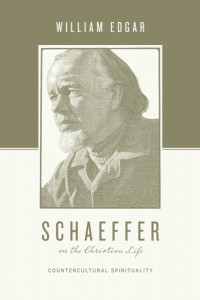 Schaeffer on the Christian Life: Countercultural Spirituality by William Edgar. Francis Schaeffer was one of the most influential apologists of the twentieth century. Through his speaking, writing, and filmmaking, Schaeffer successfully transformed the way people thought of the Christian faith, from a rather private kind of piety to a worldview that addresses every sphere of life. This volume—written by a man converted from agnosticism within days of meeting Schaeffer—is the first book devoted to exploring the heart and soul of Schaeffer’s approach to the Christian life, and will help readers strive after the same kind of marriage of thought and life, of orthodoxy and love.
Schaeffer on the Christian Life: Countercultural Spirituality by William Edgar. Francis Schaeffer was one of the most influential apologists of the twentieth century. Through his speaking, writing, and filmmaking, Schaeffer successfully transformed the way people thought of the Christian faith, from a rather private kind of piety to a worldview that addresses every sphere of life. This volume—written by a man converted from agnosticism within days of meeting Schaeffer—is the first book devoted to exploring the heart and soul of Schaeffer’s approach to the Christian life, and will help readers strive after the same kind of marriage of thought and life, of orthodoxy and love.
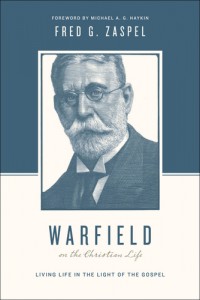 Warfield on the Christian Life: Living Life in the Light of the Gospel by Fred Zaspel. B. B. Warfield is well known as one of America’s leading theologians, perhaps second only to Jonathan Edwards. But until now the character of his own Christian experience and his understanding of the Christian life have remained unexplored. Fred Zaspel unpacks these for us here, and what we find is that Warfield’s profound theological mind is matched only by his passionate heart for Christ. From Warfield we learn truly what it is to live in light of the gospel.
Warfield on the Christian Life: Living Life in the Light of the Gospel by Fred Zaspel. B. B. Warfield is well known as one of America’s leading theologians, perhaps second only to Jonathan Edwards. But until now the character of his own Christian experience and his understanding of the Christian life have remained unexplored. Fred Zaspel unpacks these for us here, and what we find is that Warfield’s profound theological mind is matched only by his passionate heart for Christ. From Warfield we learn truly what it is to live in light of the gospel.
 Wesley on the Christian Life: The Heart Renewed in Love by Fred Sanders. John Wesley was one of the most important figures behind the founding of modern evangelicalism. From his crucial role in the Great Awakening to his inspiring a renewal movement within the Church of England, Wesley’s historical significance is undeniable and his legacy still challenges us today, regardless of our denominational affiliation or theological perspective. Offering an approachable introduction to Wesley’s life and writings, Fred Sanders invites us to learn from Wesley’s reliance on the Spirit, passion for holiness, and zeal for the gospel in this winsome portrait of an extraordinary Christian leader.
Wesley on the Christian Life: The Heart Renewed in Love by Fred Sanders. John Wesley was one of the most important figures behind the founding of modern evangelicalism. From his crucial role in the Great Awakening to his inspiring a renewal movement within the Church of England, Wesley’s historical significance is undeniable and his legacy still challenges us today, regardless of our denominational affiliation or theological perspective. Offering an approachable introduction to Wesley’s life and writings, Fred Sanders invites us to learn from Wesley’s reliance on the Spirit, passion for holiness, and zeal for the gospel in this winsome portrait of an extraordinary Christian leader.
Other Volumes On the Docket:
- Martin Luther on the Christian Life by Carl Trueman (August 2014)
- John Bunyan on the Christian Life by Derek Thomas (April 2015)
- John Newton on the Christian Life by Tony Reinke (June 2015)
- Herman Bavinck on the Christian Life by John Bolt (August 2015)
- J. I. Packer on the Christian Life by Sam Storms (October 2015)
- Charles Spurgeon on the Christian Life by Michael Reeves (unknown)
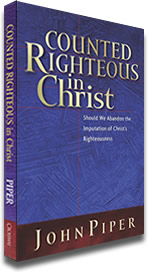 Every once in a while I come across a section of a book that makes the given title worth its weight in gold.
Every once in a while I come across a section of a book that makes the given title worth its weight in gold.
